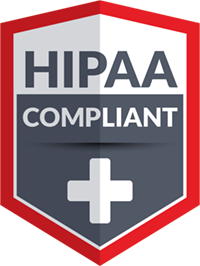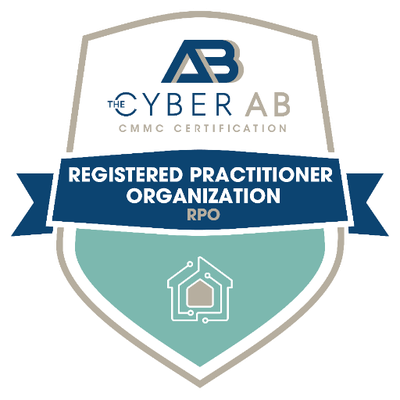
In a previous blog post, we addressed the benefits of Co-Managed IT for your growing business. Scalability, affordability, and less downtime were among the benefits. Now that you’ve decided it might be time to outsource technology, let’s talk about questions to ask a Co-Managed IT Provider.
What Services Does a Co-Managed IT Provider Offer?
Not every company will offer the same package of services as we do at The20MSP, making it important to ask exactly what is included.
-
What is the scope of services?
-
Is there a help desk available? If so, is it 24/7/365 or limited?
-
What type of support do you provide?
-
What kind of monitoring and maintenance do they offer?
- How often is data backed up?
-
What happens if there is a data breach?
-
What service is offered to other branches/locations of the business?
-
How is my business supported in the event of a ransomware attack?
- What happens when I hire a new employee?
You want to be sure they will be there to support your business, no matter what.
Does it really cost less than hiring my own IT team?
Yes, hiring a Co-managed IT services provider can save your business. You don’t have to incur the cost of sourcing, interviewing, and training new employees. As your Co-Managed IT provider, we manage all the technology, including servers and desktops, while you focus on running your business.
You’ll benefit from reduced costs because there’s no need for an internal IT department or outside contractors. And since the provider has direct access to all your systems, they can monitor them 24/7 and respond quickly when something goes wrong.
With co-managed IT services, you’ll also have access to expert technicians who have experience with all kinds of hardware–from servers and routers to printers and copiers–so they can provide better technical support than most small businesses could afford otherwise.
What Security Features Does the Provider Offer?
In an age of cybersecurity attacks and data breaches to businesses of all sizes and industries, you need a team that provides security and monitoring. As part of the vetting process, ask questions like,
-
What security measures are in place?
-
What type of encryption is used?
-
What type of backups are available?
Without backups, your business data could be lost in the event of a data breach. We wouldn’t let that happen.
What Type of Reporting Does the Provider Offer?
Your Co-Managed IT provider should provide reports about their work on a monthly or quarterly basis. Ask if they can tailor the reports to your industry so you’re seeing what you need or want to see. Ask questions when you receive the reports and address concerns about anything that you think may not be addressed with your current plan. A good provider will answer all your questions and address concerns in a timely manner.
What Level of Support Does the Provider Offer?
These are the details of the agreement. If you’re handing the data and security of your business to another company, it’s important to know how and when systems are being monitored.
-
What type of support is available? Do they offer 24/7 phone and chat support, or do they only offer email support during business hours? Ask about whether there are any additional charges for this kind of service.
-
How long does it take them to respond when you contact them with an issue or question? You may also want to find out how many people work on your account so that if one person is unavailable at a given time, like after hours, another member of the team can step in instead of leaving you hanging until morning.
-
Does the provider offer training options for employees who need help learning new skills or improving existing ones–and if so, what does this cost per employee per month?
How Flexible is the Provider’s Service?
One of the most important things to consider when choosing a co-managed IT provider is how flexible they are. You want to know that you can rely on them to meet your needs, whether it’s customizing their services or scaling up as your business grows. Here are questions you should ask:
-
What type of customization is available? Do they have an API for third-party integrations? Can I use my own equipment if I choose to do so (e.g., a dedicated server)?
-
What type of scalability is offered? Does this include both hardware and software upgrades, or just one or the other?



